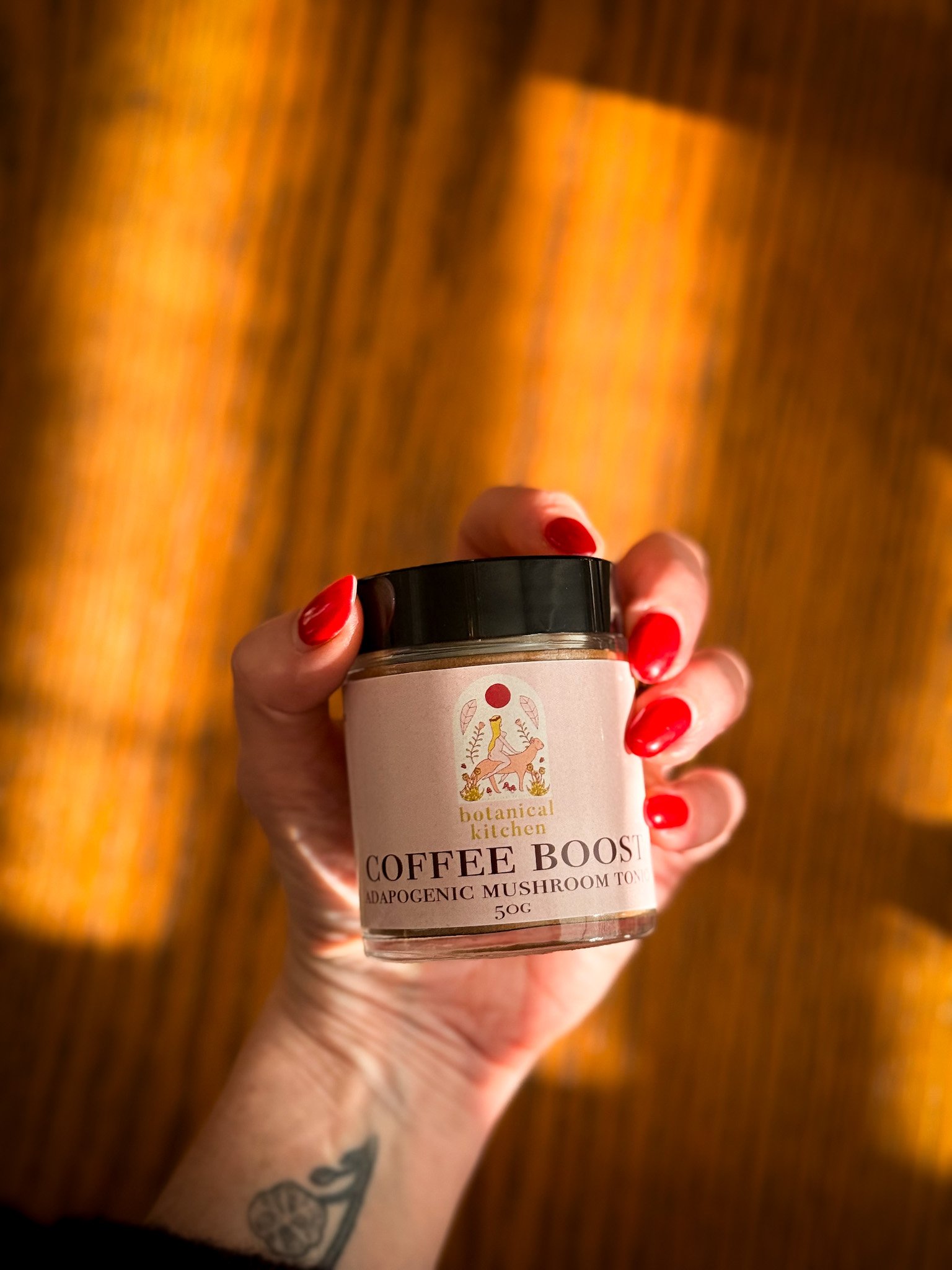Lion's Mane (Hericium erinaceus) Overview
Uses of Lion’s Mane
Cognitive Support
Enhances memory, focus, and overall cognitive function.
May help protect against neurodegenerative conditions like Alzheimer’s and Parkinson’s disease.
Nervous System Health
Supports nerve regeneration and repair due to its unique ability to stimulate Nerve Growth Factor (NGF).
Beneficial for conditions such as peripheral neuropathy or spinal cord injuries.
Immune Support
Contains beta-glucans that help modulate and enhance the immune response.
Digestive Health
May reduce inflammation in the gut and support the health of the gastric mucosa, helpful for ulcers or gastritis.
Mood and Stress Management
Shown to reduce symptoms of anxiety and depression by promoting brain health and reducing inflammation.
Antioxidant Support
Protects cells from oxidative damage and supports overall longevity.
Active Constituents
Hericenones
Compounds found in the fruiting body of Lion’s Mane that stimulate NGF production, essential for brain and nerve health.
Erinacines
Found in the mycelium, these compounds are potent stimulators of NGF synthesis.
Beta-Glucans
Polysaccharides that enhance immune function and offer anti-inflammatory benefits.
Antioxidants
Provide protection against oxidative stress, supporting brain and immune health.
Diterpenoids
Contribute to the mushroom's anti-inflammatory and neuroprotective effects.
Contraindications
Allergies to Mushrooms
Individuals allergic to fungi should avoid Lion’s Mane.
Pregnancy and Breastfeeding
Limited safety data means it’s best to avoid unless recommended by a healthcare provider.
Autoimmune Conditions
As an immune-modulating herb, Lion’s Mane may exacerbate conditions like lupus or multiple sclerosis.
Herbal/Drug Interactions
Anticoagulant or Antiplatelet Drugs
May increase the risk of bleeding when combined with blood-thinning medications like warfarin or aspirin.
Immunosuppressant Drugs
Could interfere with medications prescribed for autoimmune diseases or organ transplants due to its immune-enhancing properties.
Anti-Diabetic Drugs
Lion’s Mane may lower blood sugar levels, potentially causing hypoglycemia when used alongside diabetes medications.
Historical Uses
Traditional Chinese Medicine (TCM)
Used for centuries to enhance digestion, promote vitality, and support overall health.
Revered for its "shen" (spirit-calming) properties and often used in longevity formulas.
Japanese Medicine
Known as “Yamabushitake,” Lion’s Mane was traditionally used to treat gastric ailments and support the nervous system.
Buddhist Monks
Believed to enhance concentration and spiritual focus, it was used as a tea during meditation practices.
Culinary and Medicinal Use
Valued for its unique texture and flavor, it has been consumed as both food and medicine to improve overall vitality.




